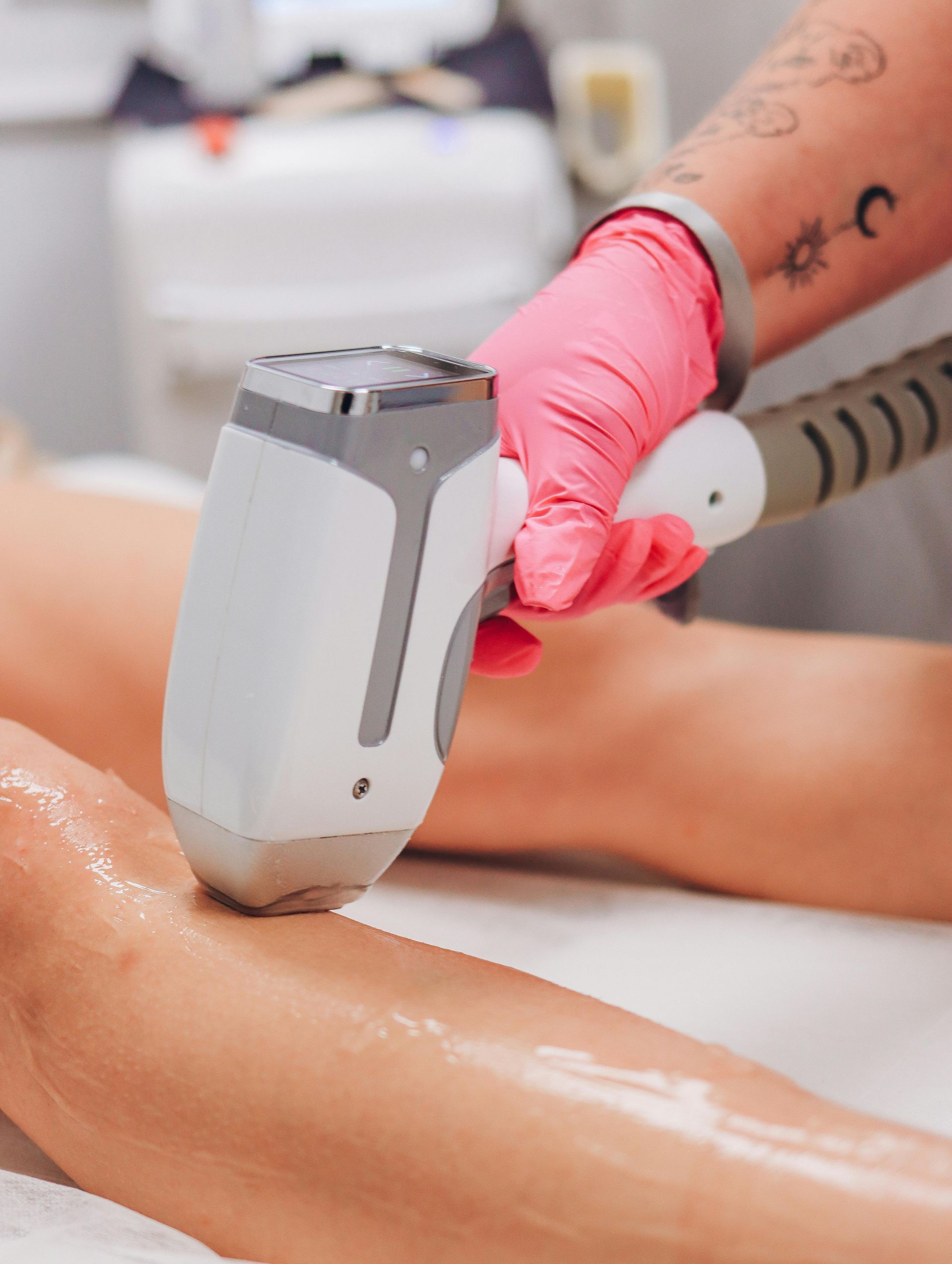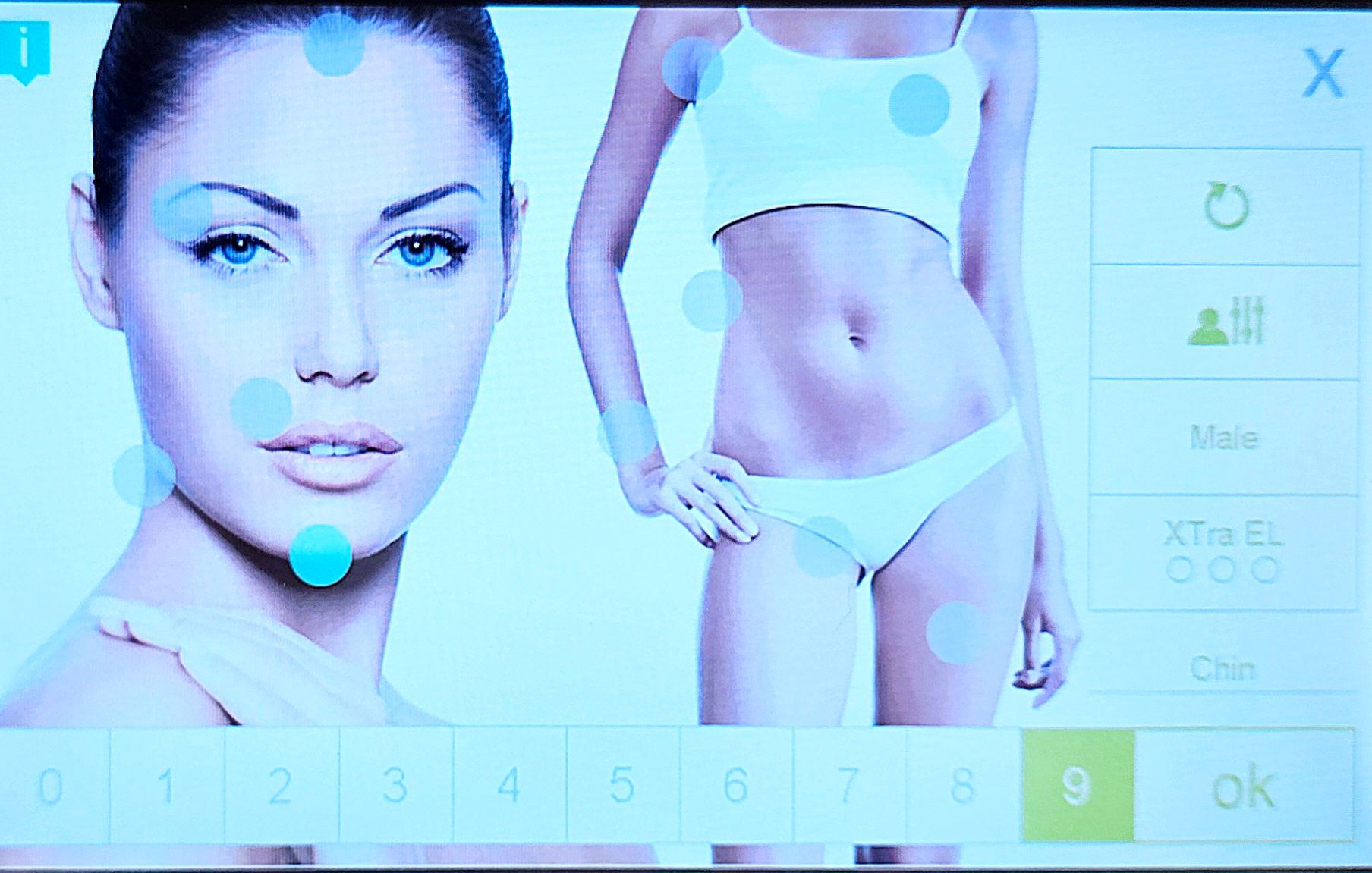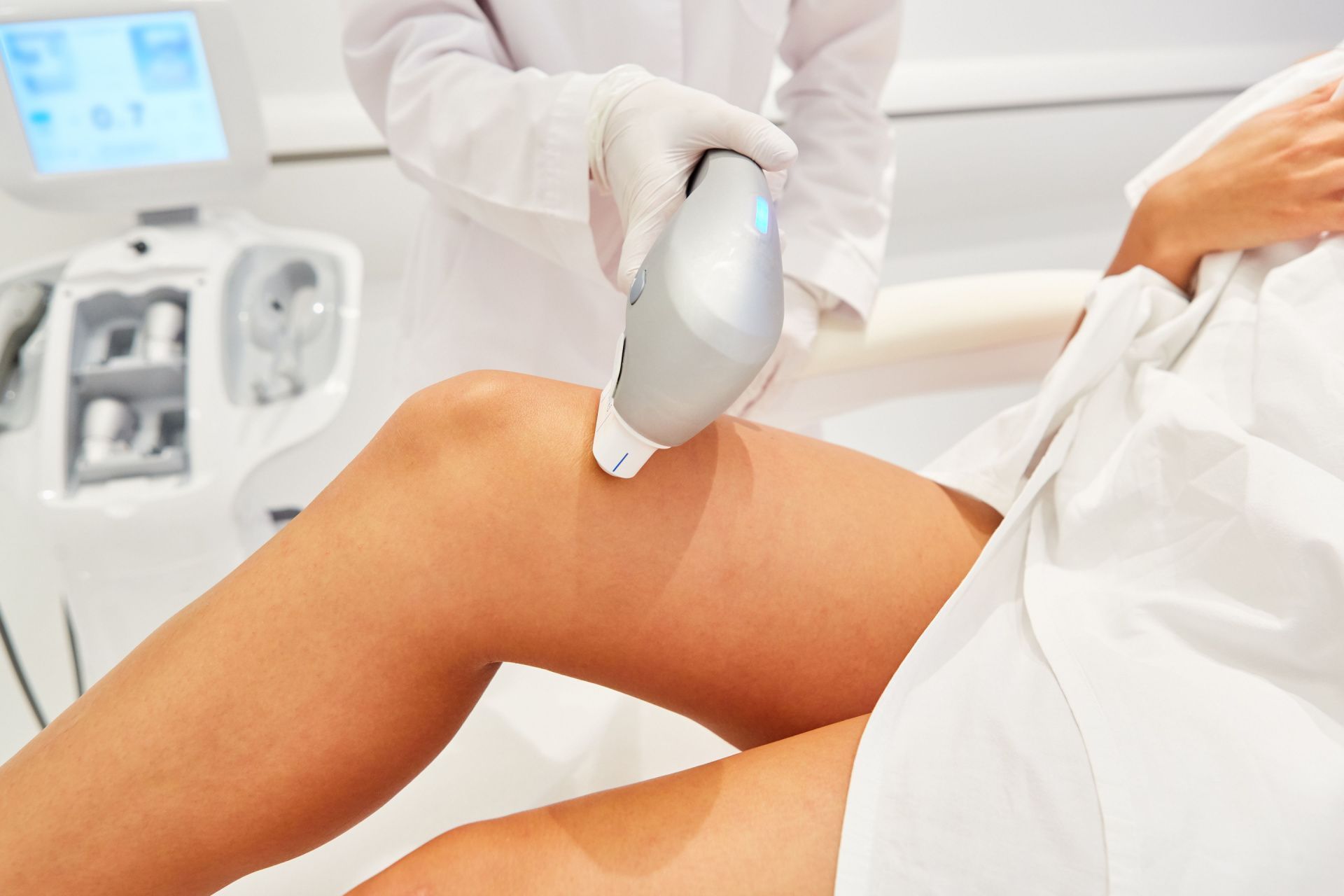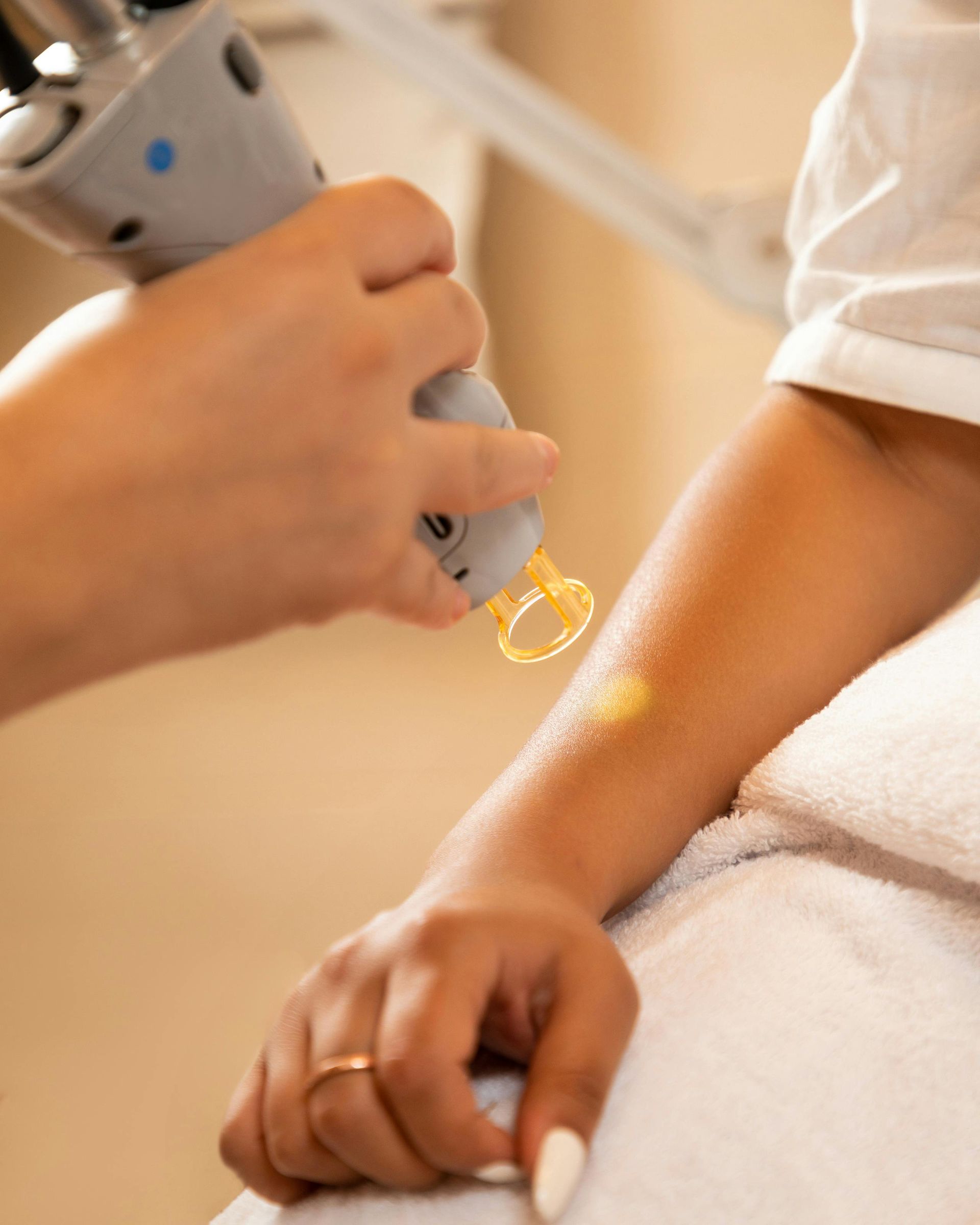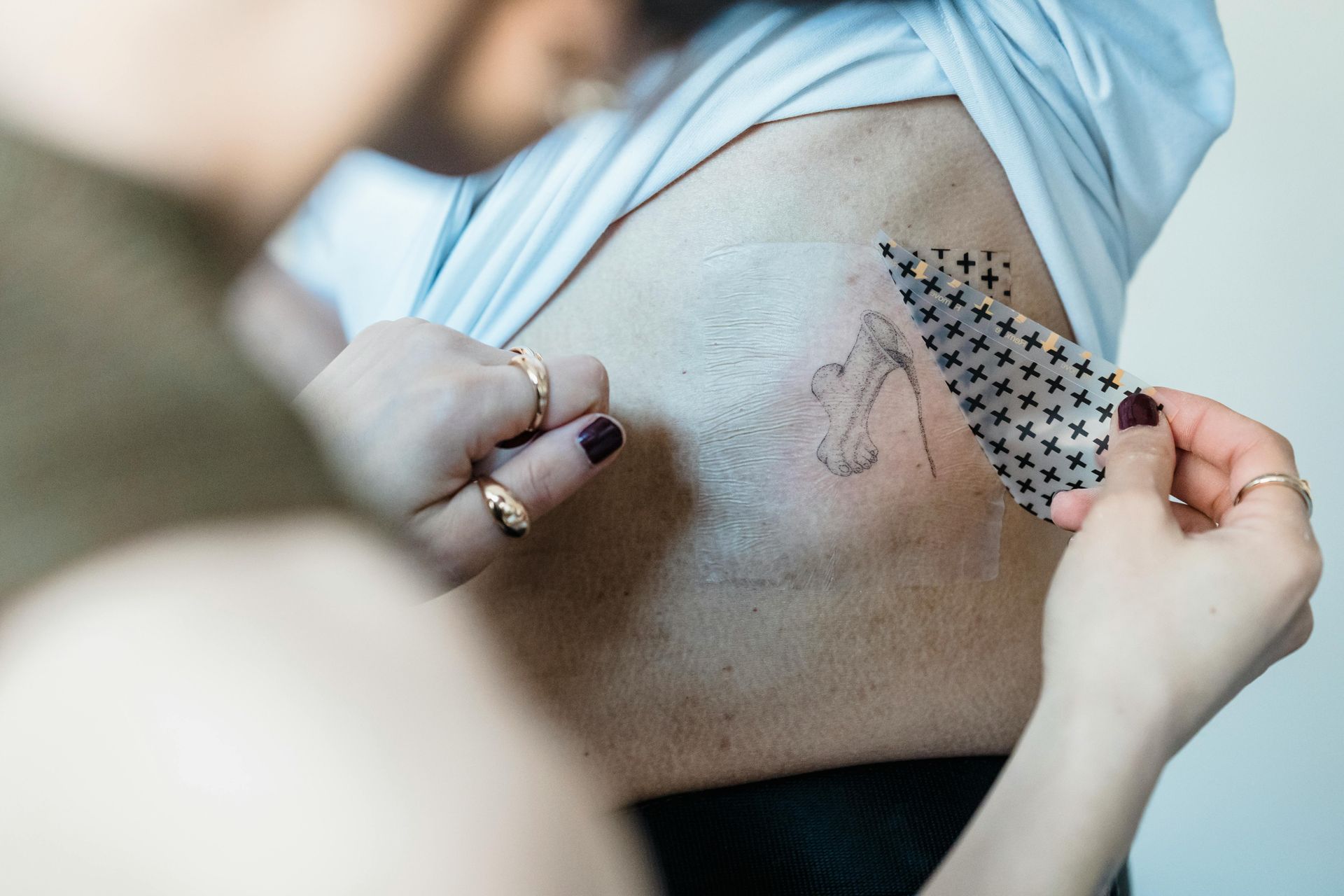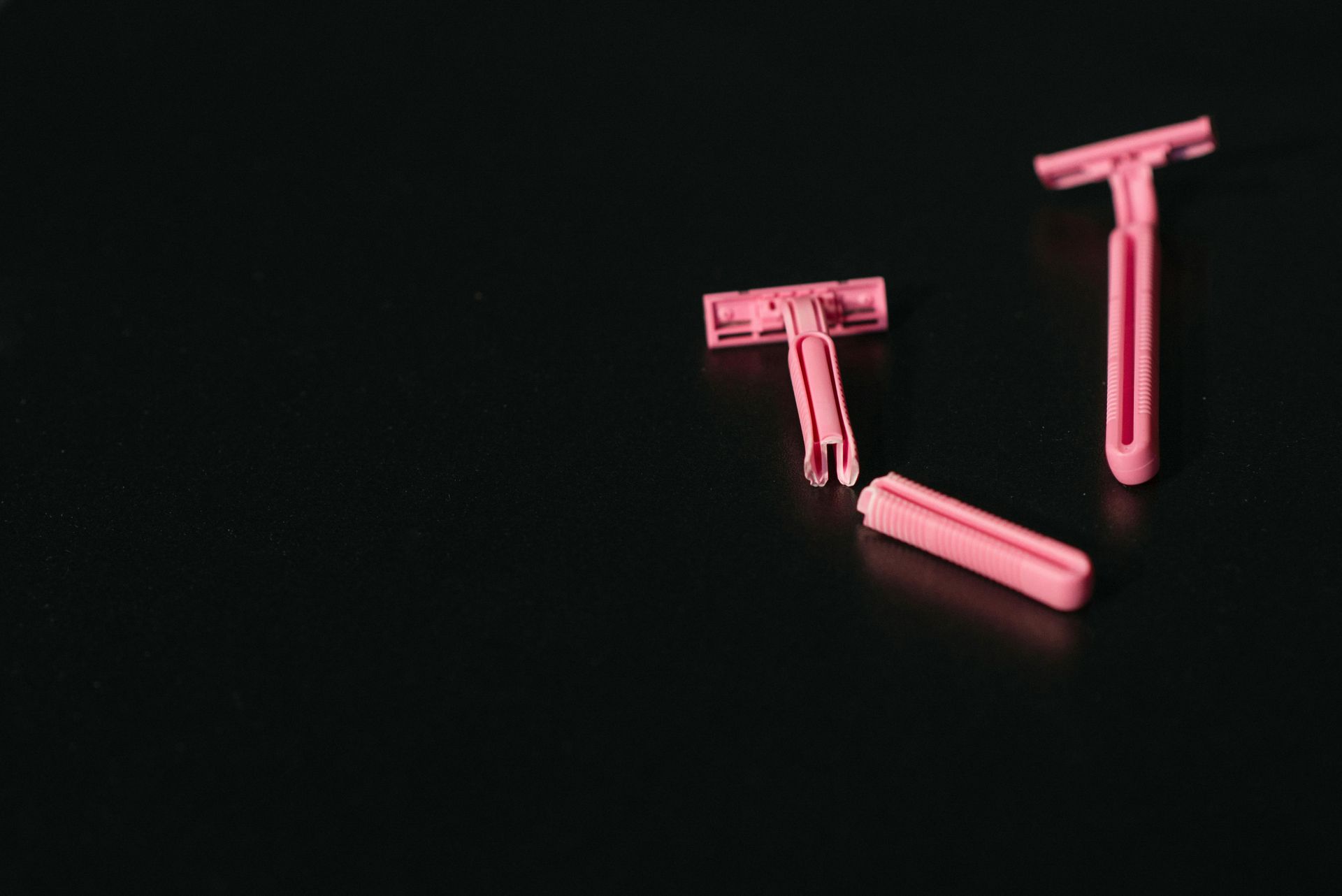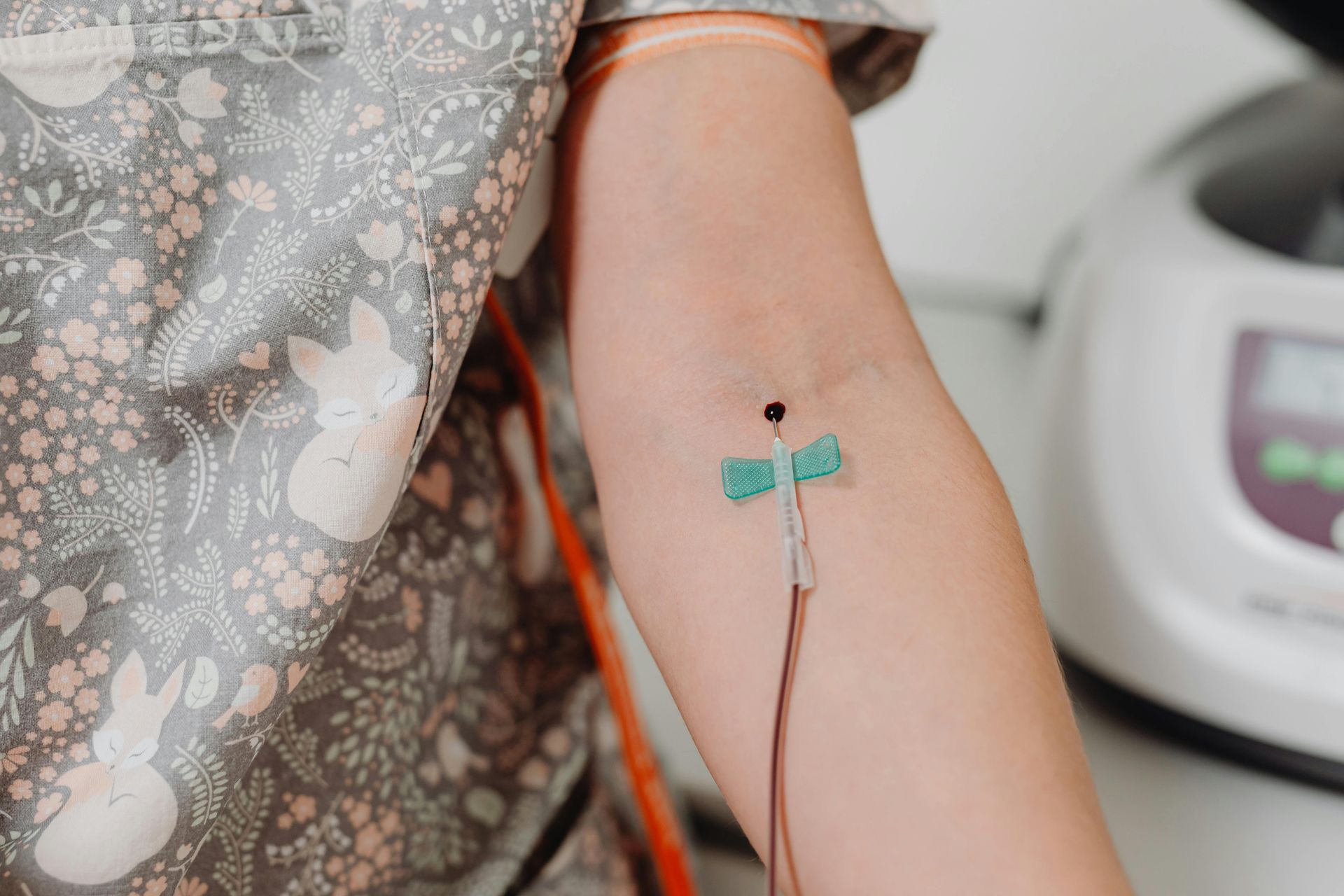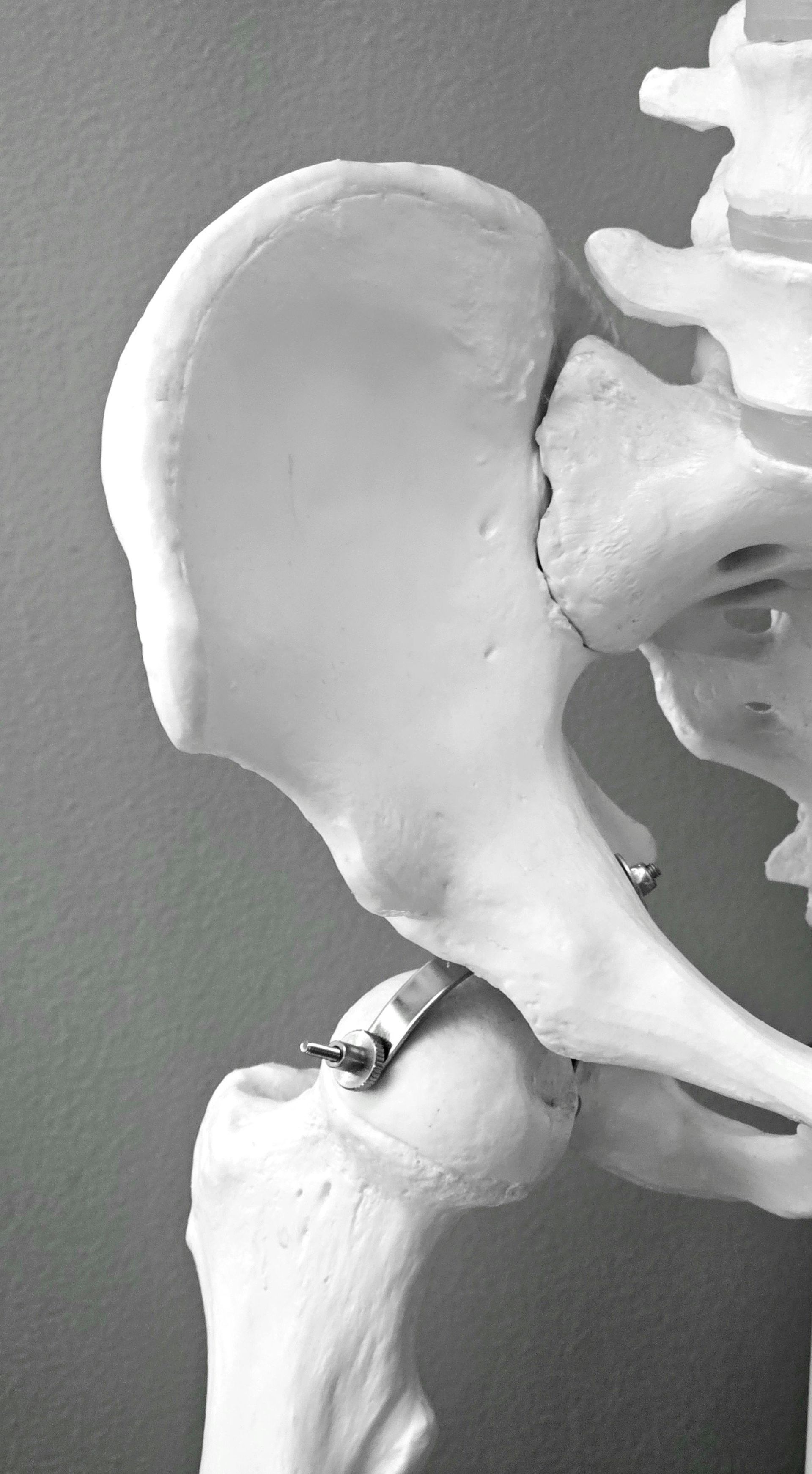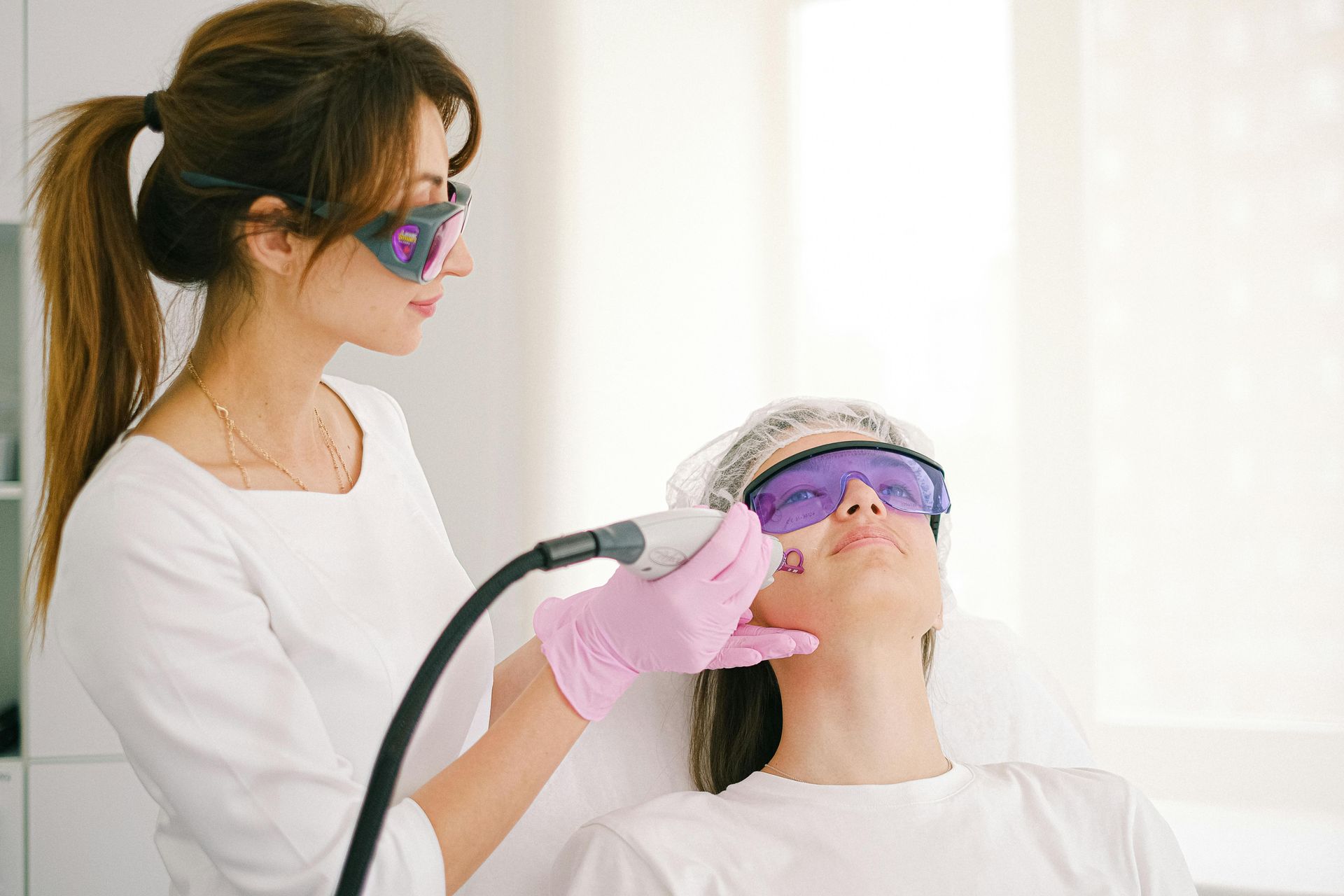What to Expect from Your First Botox Appointment
Botox is one of the most popular non-surgical cosmetic treatments in the world. Whether you're considering it to soften fine lines, prevent wrinkles, or just explore what aesthetic medicine has to offer, your first Botox appointment can feel a little intimidating if you don’t know what to expect. Fortunately, the process is generally quick, safe, and straightforward when performed by a qualified professional.
This article will walk you through everything you need to know before your first Botox visit. From preparation tips and what the procedure actually feels like, to understanding the results and potential side effects, we’ll give you a realistic look at what your Botox experience might include.
Key Takeaways
- Botox is a minimally invasive treatment designed to relax facial muscles and reduce wrinkles.
- The appointment usually takes 15 to 30 minutes, with little to no downtime.
- Results are not immediate but typically start showing within 3 to 5 days.
- Proper consultation with a licensed provider is essential for safe and satisfying results.
- Aftercare involves minimal effort but does include some temporary activity restrictions.
- Most people report little to no pain during the injections, often likening it to a quick pinch.
Understanding Botox
Botox is the brand name for a neurotoxin called botulinum toxin type A. It works by temporarily blocking nerve signals to targeted muscles, which reduces their movement. This, in turn, softens dynamic wrinkles, such as frown lines between the eyebrows, forehead creases, and crow’s feet around the eyes.
Botox has been approved by the FDA for both cosmetic and medical uses. In aesthetic settings, it’s commonly used to achieve a more refreshed, youthful appearance without the need for surgery or extended downtime.
Preparing for Your Appointment
Your journey with Botox typically starts with a consultation. During this time, your provider will ask about your goals, medical history, and any medications or supplements you’re currently taking. This helps them determine if you’re a good candidate for Botox and how to personalize your treatment.
Tips for Preparation:
- Avoid blood thinners such as aspirin, ibuprofen, fish oil, and vitamin E for a few days before your appointment to reduce the risk of bruising.
- Do not consume alcohol 24 to 48 hours prior, as it can increase bruising.
- Arrive with a clean face if possible. Removing makeup helps maintain a sterile environment for the injections.
- Be honest with your provider about any health concerns, allergies, or recent laser skin treatments.
What Happens During the Procedure
Most Botox appointments are incredibly quick and often described as easy and painless.
Step-by-Step Overview:
- Consultation: Even if you’ve had a prior conversation, your provider will briefly review your goals and facial anatomy again.
- Mapping the Face: The injector will likely ask you to make facial expressions so they can mark the injection points.
- Cleansing: Your face will be cleaned with an antiseptic solution to minimize the risk of infection.
- Injections: Using a very fine needle, the Botox is injected into targeted muscles. You may feel a small pinch, but most people tolerate it well without numbing cream.
- Post-Treatment Instructions: Your provider will go over aftercare steps and what to expect in the coming days.
The entire process typically takes between 15 and 30 minutes, making it easy to schedule during a lunch break or in between errands.
How It Feels
If you’re worried about pain, rest assured that Botox injections are generally very tolerable. Most patients describe the feeling as a slight pinch or sting that lasts just a second. The needles used are very small, which minimizes discomfort. There may be a brief feeling of tightness or heaviness in the treated area afterward, but this usually subsides quickly. Some people experience mild redness or swelling at the injection sites, which goes away within a few hours.
Aftercare and Recovery
One of the main benefits of Botox is that there is virtually no recovery time. However, there are a few important guidelines to follow to ensure the best results and avoid complications.
Do:
- Stay upright for at least 4 hours after treatment.
- Gently move your face to help the Botox settle in (smiling, frowning, raising eyebrows).
- Use an ice pack if you experience minor swelling or redness.
Don’t:
- Lie down or bend over for several hours after the procedure.
- Touch, rub, or massage the treated areas for at least 24 hours.
- Engage in strenuous exercise, go to a sauna, or consume alcohol for at least a day.
When to Expect Results
Botox doesn’t provide instant results. You may start noticing a change within 3 to 5 days, but full results usually take 7 to 14 days to appear. The treated muscles gradually relax, making the overlying skin appear smoother and more refreshed.
Results typically last between 3 and 4 months, depending on factors like metabolism, activity level, and the area treated. Some people find that their results last longer with consistent treatments.
Common Side Effects
While Botox is considered very safe when administered by a qualified provider, it’s not without the potential for side effects.
Possible Side Effects Include:
- Temporary bruising or redness at the injection site
- Mild headache
- Slight asymmetry if the injection doesn’t settle evenly (often correctable)
- Drooping eyelids or eyebrows (rare, and usually temporary)
If you notice anything unusual, contact your provider immediately. For a deeper look at how professional care can address different skin concerns, read our guide on acne scars: causes and proven treatments.
Frequently Asked Questions
How do I know if I’m a good candidate for Botox?
Botox is ideal for adults looking to reduce dynamic facial wrinkles like crow’s feet, forehead lines, and frown lines. You should be in good general health, not pregnant or nursing, and have realistic expectations. A consultation with a licensed provider is the best way to determine your candidacy.
Can I get Botox and fillers at the same time?
Yes. Many patients choose to combine Botox with dermal fillers to achieve more comprehensive facial rejuvenation. Botox addresses muscle movement, while fillers restore volume and shape. Your provider can recommend a plan tailored to your needs.
What happens if I stop getting Botox?
Your muscles will gradually return to their normal function, and wrinkles will slowly reappear. However, stopping Botox does not make wrinkles worse. In fact, long-term use may help reduce wrinkle severity over time due to muscle training.
Will my face look frozen or unnatural?
A skilled injector will aim for natural-looking results that preserve your facial expressions. The “frozen” look often results from too much Botox or poor injection technique. Choosing a reputable provider is key to achieving a subtle, refreshed appearance.
How often should I get Botox?
Most people schedule maintenance treatments every 3 to 4 months. Over time, some find they can extend the interval between appointments as their muscles adapt. Your provider can help you decide on a schedule that works for your goals and budget.
Final Thoughts
Getting Botox for the first time can feel like a big step, but it’s actually one of the most accessible and low-risk ways to enhance your appearance. With minimal downtime and noticeable results, it's no surprise that millions of people choose Botox each year. Before your appointment, make sure you understand the process, follow pre-treatment guidelines, and set realistic expectations. After your treatment, give your body time to respond and follow all aftercare instructions. Botox is not a miracle cure, but it is a powerful tool in the world of aesthetic medicine and additional services.
Whether you're aiming to smooth out your first fine lines or maintain the results you've already seen, Botox can be a confidence booster with lasting benefits when done thoughtfully and professionally. If you're ready to take the next step,
contact the team to schedule your consultation.

